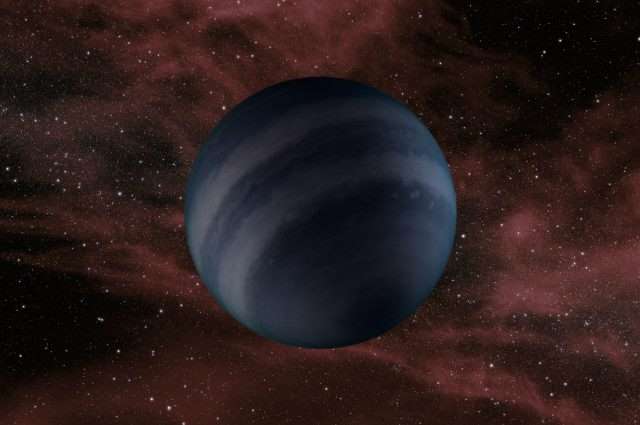I’ve got some bad news for you: stars die. At some point in the next few billion years or so, our Sun is going to start heating up, using up all the fuel in its core, and then eventually die, becoming a white dwarf. It will then slowly cool down to the background temperature of the universe, becoming a black dwarf.


